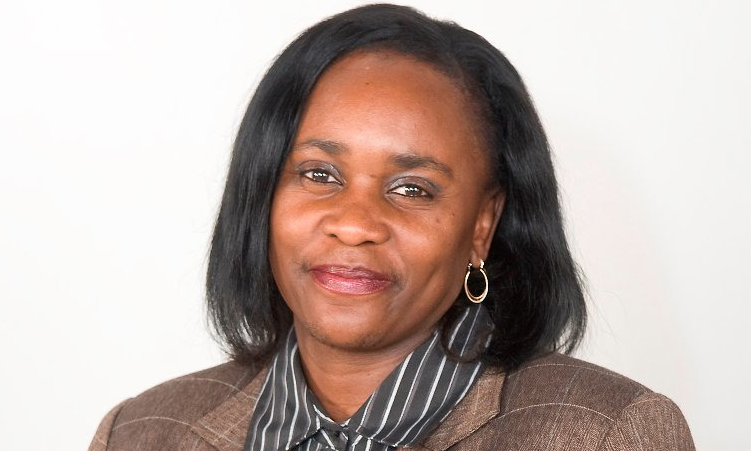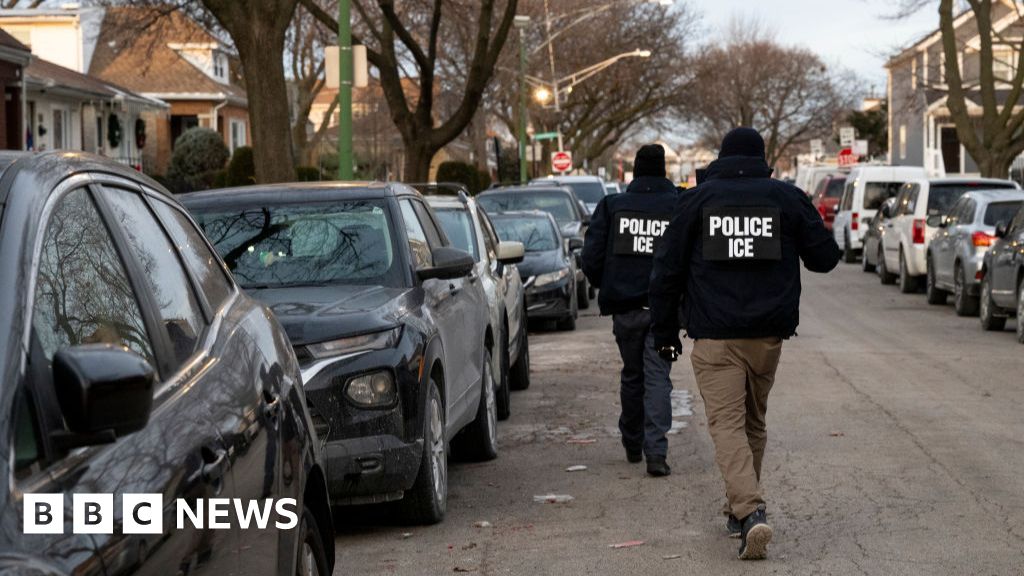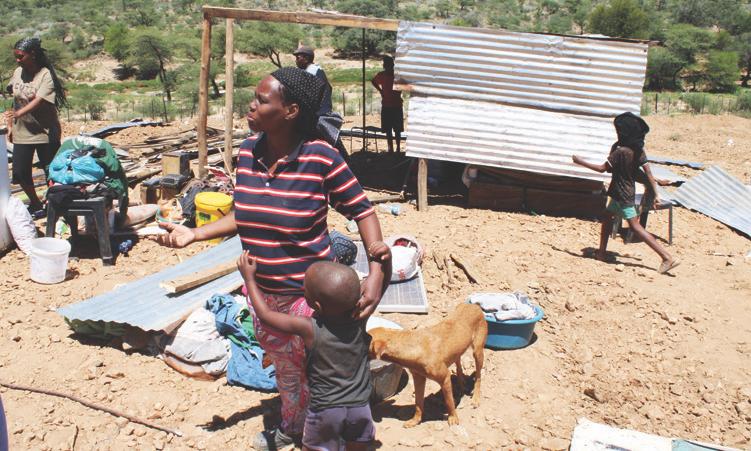The Namibia Civil Aviation Authority (NCAA) is conducting a Runway Safety Management and Global Reporting Format training interventions workshop that started on Monday and runs until 26 April.
The authority’s executive director, Toska Sem, on Wednesday said the training underscores the ‘No Country Left Behind’ initiative created by the International Civil Aviation (ICAO) to support member states to effectively implement the standards and recommended practices.
“NCAA embraces stakeholder collaboration and interventions aimed at building capacity in aviation safety operations. Similarly, to enhance adherence to global standardisation, harmonisation, and competence in aviation safety requirements, which ultimately increases the states’ effective level of implementation,” she said.
Sem said the training courses have attracted participants from the regulatory authorities, airports, and key stakeholders in the aviation industry.
“After completing these courses, participants will have a comprehensive theoretical and practical understanding of runway safety requirements and responsibilities. Participants will be able to identify and mitigate threats and take a proactive approach towards airfield and runway safety by acquiring strong working knowledge of ‘live’ airfield operations. Furthermore, participants will have an appreciation of how equipment and human error influence runway safety, and effective runway safety surveillance actions,” she said.
Sem said for the regulatory authority to promote and develop a safety culture in Namibia, aviation stakeholders are encouraged to support the establishment of multi-disciplinary runway safety teams at aerodromes.
“Stakeholders are encouraged to voluntarily report any safety incident and be assured that there are no punitive measures. NCAA plans to host more of these training interventions to ensure that all stakeholders are thoroughly trained and receive requisite refresher courses to improve on aviation safety measures,” she said.
Stay informed with The Namibian – your source for credible journalism. Get in-depth reporting and opinions for
only N$85 a month. Invest in journalism, invest in democracy –
Subscribe Now!








